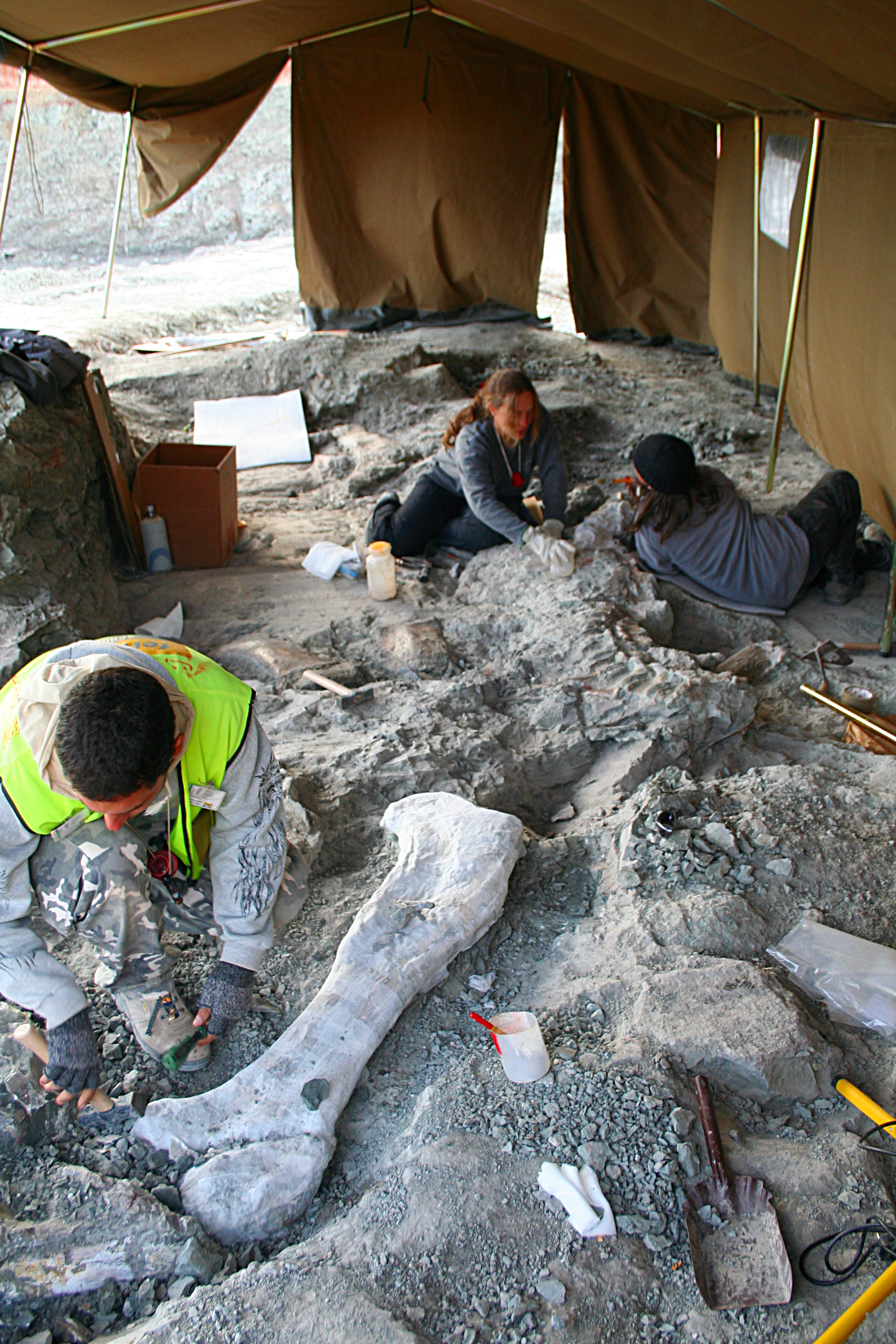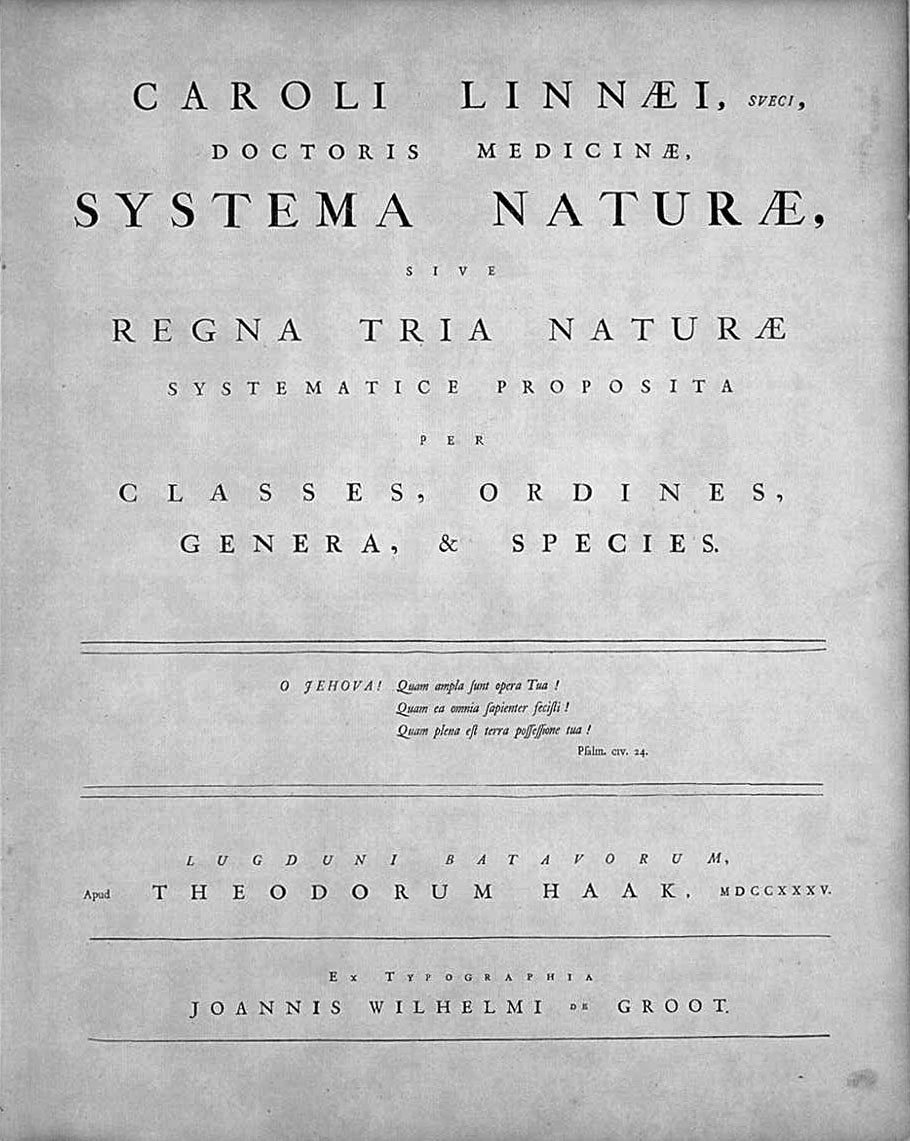|
Shikama Tokio
(1912–1978) was a Japanese vertebrate palaeontologist. Considered the leading Japanese figure in the field in the immediate pre- and post-war years, species he described include Yabe's giant deer ('' Sinomegaceros yabei''). References External links Shikama Tokio (Japan Paleobiology Database) {{Authority control Japanese paleontologists 1912 births 1978 deaths ... [...More Info...] [...Related Items...] OR: [Wikipedia] [Google] [Baidu] |
Paleontology
Paleontology (), also spelled palaeontology or palæontology, is the scientific study of life that existed prior to, and sometimes including, the start of the Holocene epoch (roughly 11,700 years before present). It includes the study of fossils to classify organisms and study their interactions with each other and their environments (their paleoecology). Paleontological observations have been documented as far back as the 5th century BC. The science became established in the 18th century as a result of Georges Cuvier's work on comparative anatomy, and developed rapidly in the 19th century. The term itself originates from Greek (, "old, ancient"), (, ( gen. ), "being, creature"), and (, "speech, thought, study"). Paleontology lies on the border between biology and geology, but differs from archaeology in that it excludes the study of anatomically modern humans. It now uses techniques drawn from a wide range of sciences, including biochemistry, mathematics, and engineering. ... [...More Info...] [...Related Items...] OR: [Wikipedia] [Google] [Baidu] |
Vertebrate Paleontology
Vertebrate paleontology is the subfield of paleontology that seeks to discover, through the study of fossilized remains, the behavior, reproduction and appearance of extinct animals with vertebrae or a notochord. It also tries to connect, by using the evolutionary timeline of evolution, timeline, the animals of the past and their modern-day relatives. The fossil record shows aspects of the meandering evolutionary path from early aquatic vertebrates to mammals, with a host of transitional fossils, though there are still large blank areas. The earliest known fossil vertebrates were heavily armored fish discovered in rocks from the Ordovician Period about 500 to 430 Ma (annum, megaannum, million years ago). The Devonian Period (395 to 345 Ma) brought in the changes that allowed primitive air-breathing fish to remain on land as long as they wished, thus becoming the first terrestrial vertebrates, the amphibians. Amphibians developed forms of reproduction and locomotion and a metabo ... [...More Info...] [...Related Items...] OR: [Wikipedia] [Google] [Baidu] |
Tōhoku University Museum
The is a university museum affiliated with Tohoku University in Sendai, Miyagi Prefecture, Japan. From the collection of over 2,000,000 items, including rocks, minerals, fossils, archaeological materials, and maps, approximately 1,000 are on display at any one time. Publications * ''Bulletin of the Tohoku University Museum'' (2001–; vols. 1–) See also * Botanical Garden of Tohoku University The is a botanical garden operated by Tohoku University at Kawauchi 12-2, Aoba-ku, Sendai, Miyagi Prefecture, Japan. It is open daily. The garden was established in 1958. It now includes more than 800 species, with a particular focus on willo ... * Tōhoku History Museum References External links Tohoku University Museum Museums in Sendai Museums established in 1995 1995 establishments in Japan University museums in Japan {{Japan-museum-stub ... [...More Info...] [...Related Items...] OR: [Wikipedia] [Google] [Baidu] |
Species Description
A species description is a formal description of a newly discovered species, usually in the form of a scientific paper. Its purpose is to give a clear description of a new species of organism and explain how it differs from species that have been described previously or are related. In order for species to be validly described, they need to follow guidelines established over time. Zoological naming requires adherence to the ICZN code, plants, the ICN, viruses ICTV, and so on. The species description often contains photographs or other illustrations of type material along with a note on where they are deposited. The publication in which the species is described gives the new species a formal scientific name. Some 1.9 million species have been identified and described, out of some 8.7 million that may actually exist. Millions more have become extinct throughout the existence of life on Earth. Naming process A name of a new species becomes valid (available in zo ... [...More Info...] [...Related Items...] OR: [Wikipedia] [Google] [Baidu] |
Japanese Paleontologists
Japanese may refer to: * Something from or related to Japan, an island country in East Asia * Japanese language, spoken mainly in Japan * Japanese people, the ethnic group that identifies with Japan through ancestry or culture ** Japanese diaspora, Japanese emigrants and their descendants around the world * Japanese citizens, nationals of Japan under Japanese nationality law ** Foreign-born Japanese, naturalized citizens of Japan * Japanese writing system, consisting of kanji and kana * Japanese cuisine, the food and food culture of Japan See also * List of Japanese people * * Japonica (other) * Japonicum * Japonicus * Japanese studies Japanese studies (Japanese: ) or Japan studies (sometimes Japanology in Europe), is a sub-field of area studies or East Asian studies involved in social sciences and humanities research on Japan. It incorporates fields such as the study of Japanese ... {{disambiguation Language and nationality disambiguation pages ... [...More Info...] [...Related Items...] OR: [Wikipedia] [Google] [Baidu] |
1912 Births
Year 191 ( CXCI) was a common year starting on Friday (link will display the full calendar) of the Julian calendar. At the time, it was known as the Year of the Consulship of Apronianus and Bradua (or, less frequently, year 944 ''Ab urbe condita''). The denomination 191 for this year has been used since the early medieval period, when the Anno Domini calendar era became the prevalent method in Europe for naming years. Events By place Parthia * King Vologases IV of Parthia dies after a 44-year reign, and is succeeded by his son Vologases V. China * A coalition of Chinese warlords from the east of Hangu Pass launches a punitive campaign against the warlord Dong Zhuo, who seized control of the central government in 189, and held the figurehead Emperor Xian hostage. After suffering some defeats against the coalition forces, Dong Zhuo forcefully relocates the imperial capital from Luoyang to Chang'an. Before leaving, Dong Zhuo orders his troops to loot the tombs of the H ... [...More Info...] [...Related Items...] OR: [Wikipedia] [Google] [Baidu] |


